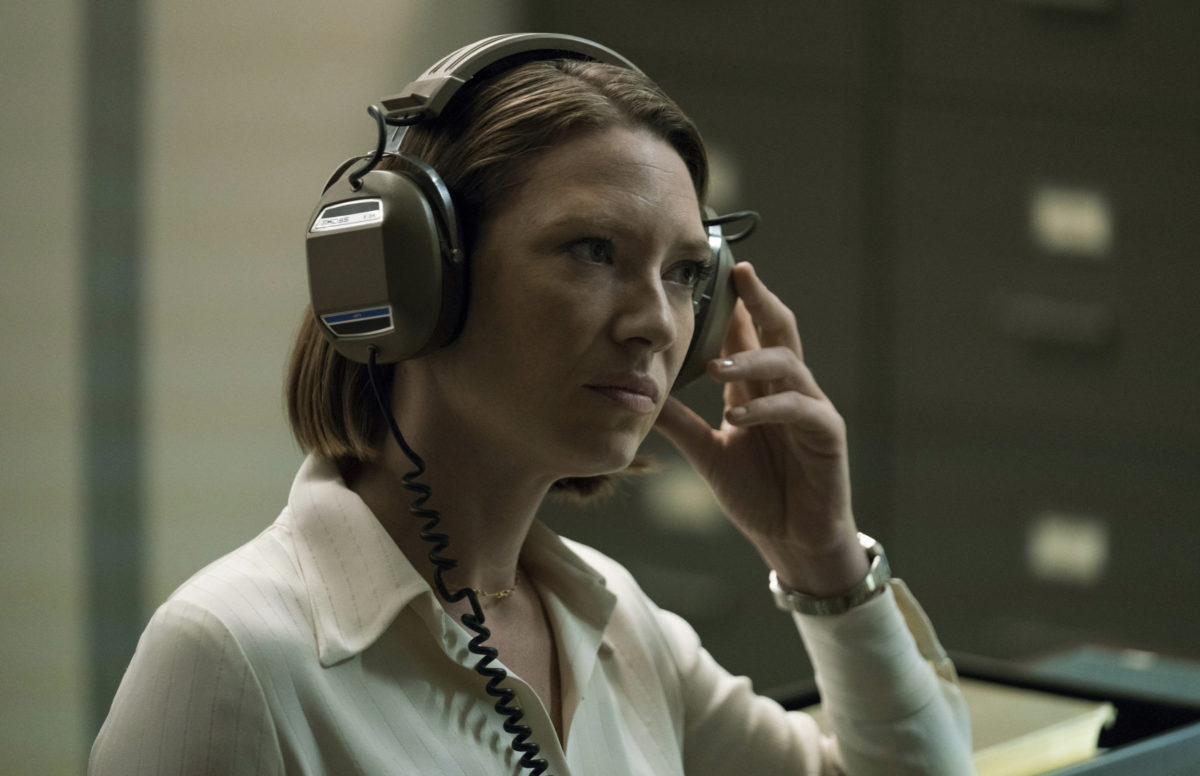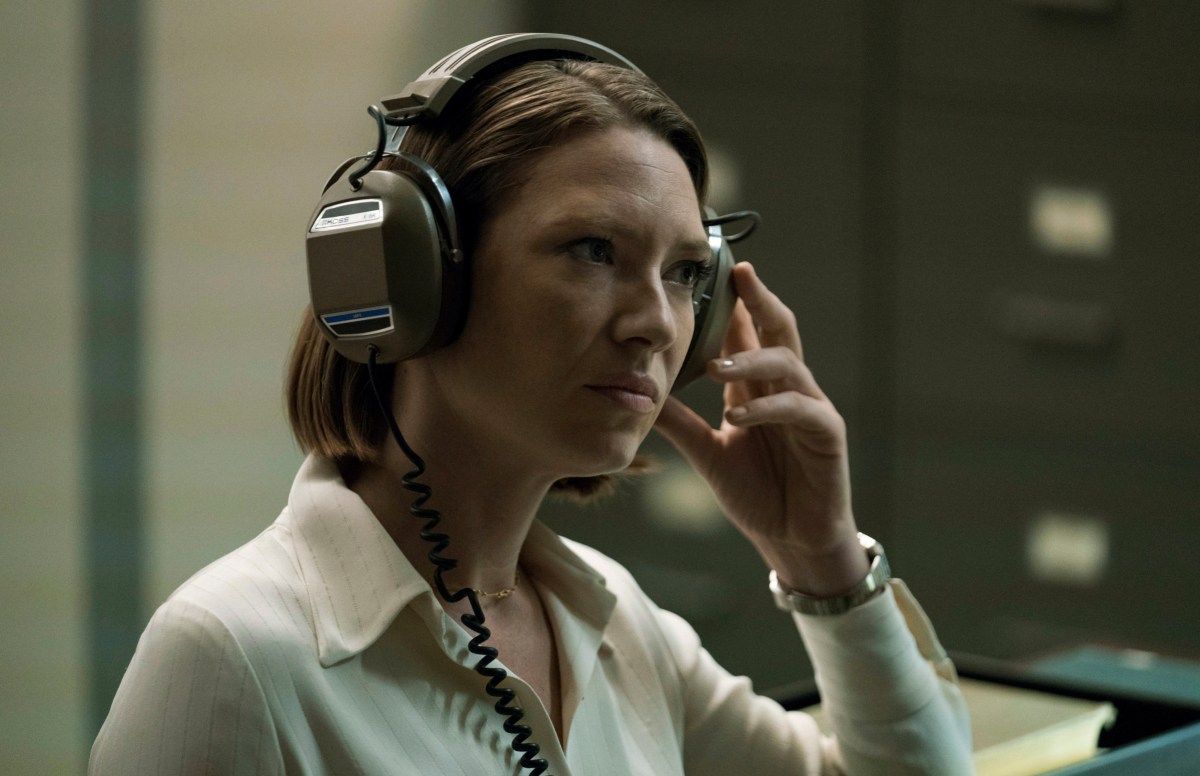Season 2 of Mindhunter Gives Anna Torv’s Closeted Character Her Own Storyline
Dr. Wendy Carr finally gets to interact with someone other than a stray cat!


After a nearly 2 year long hiatus, Netflix’s Mindhunter is back. The second season of David Fincher’s moody serial killer series picks up right where season one left off, with the FBI’s newly formed Behavioral Science Unit continuing their research on the psychology of serial killers. The series continues to follow agents Holden Ford (Jonathan Groff) and Bill Tench (Holt McCallany), along with psychologist Dr. Wendy Carr (Anna Torv) as they travel the country interviewing serial killers and get drawn into open cases.
Mindhunter is an unsettling and engaging show, and a rare entry into the serial killer genre that does not, in fact, feature any kills or violence. All the murders are seen in the aftermath, at crime scenes or in photos. No one is chasing down the agents or their families. And all the killers we meet are already behind bars. The fear comes from the interviews, from gaining insight and exploring the motivations of these monstrous men.
The series exposes the toll this work takes on the agents. Tench finds himself disconnected from his family, while Ford experiences panic attacks following a terrifying hug from serial killer Ed Kemper that lands him in the hospital. Both men try to bury their feelings and fears in a workplace (and a world) that has zero time for men’s feelings.
Their only outlet is the sole female member of the team: Dr. Wendy Carr, a psychology professor who joins the BSU as a consultant. Both men confide in Wendy, whose steely exterior hides a deep reserve of empathy. But Wendy has her own secrets to contend with. She’s a closeted lesbian working for the notoriously conservative FBI in 1979.
Episode 4 of season 2 delves into Wendy’s struggles to create a life for herself outside of the Bureau. After making a tentative connection with free-spirited bartender Kay (Lauren Glazier), the two go on a date to a bowling alley. Wendy’s buttoned-up and professional self stands in stark contrast to Kay, who is living openly and authentically, having left a husband and son because she couldn’t fake being straight anymore.
Wendy is impressed and taken aback by Kay’s boldness, and even goes so far as to share a public kiss with her, a risky move for the late 70s. Days later at work, we understand just why Wendy is so closed off. When the team investigates their first gay serial killer Dean Corll (the notorious Candy Man of Houston) who was murdered by his accomplice Elmer Wayne Henley, Jr., Agent Smith refers to homosexuality as a mental illness.
Wendy brusquely reminds them that in 1973 homosexuality was declassified as a mental disorder by the American Psychiatric Association in the DSM, but it’s clear that the negative sentiment still remains.
Later in the episode, Wendy and Smith go to interview Elmer Wayne Henley, Jr., their first time in the field. While Smith chokes, Wendy is able to convince Henley to talk by recounting her own queer experiences with a manipulative older woman. And while she’s telling the truth, all the agents on her team immediately assume it was an improvised lie to move the interview forward.
It’s an important storyline for Anna Torv’s character, as Wendy has previously been relegated to the background. We briefly meet her older lover in season one, but she otherwise spends her time as a sounding board for the men or trying to feed a stray cat in her laundry room (yes, this was a recurring storyline for the only prominent female character on the show).
Wendy continues to date and develop a relationship with Kay, but their connection is hampered by her fear of being outed. Mindhunter is a show about secrets and double lives, both among the serial killers and the agents who interview them. After being largely wasted in season one, it’s exciting to see the series give an actress like Torv a compelling storyline. While she still doesn’t get as much to do as McCallany and Groff (blame the male-dominated FBI of the 70s), she does get to explore deeper storylines and act opposite characters who aren’t cats. So you know, a step up.
Are you watching season 2 of Mindhunter?
(image: Patrick Harbron/Netflix)
Want more stories like this? Become a subscriber and support the site!
—The Mary Sue has a strict comment policy that forbids, but is not limited to, personal insults toward anyone, hate speech, and trolling.—
Have a tip we should know? [email protected]
